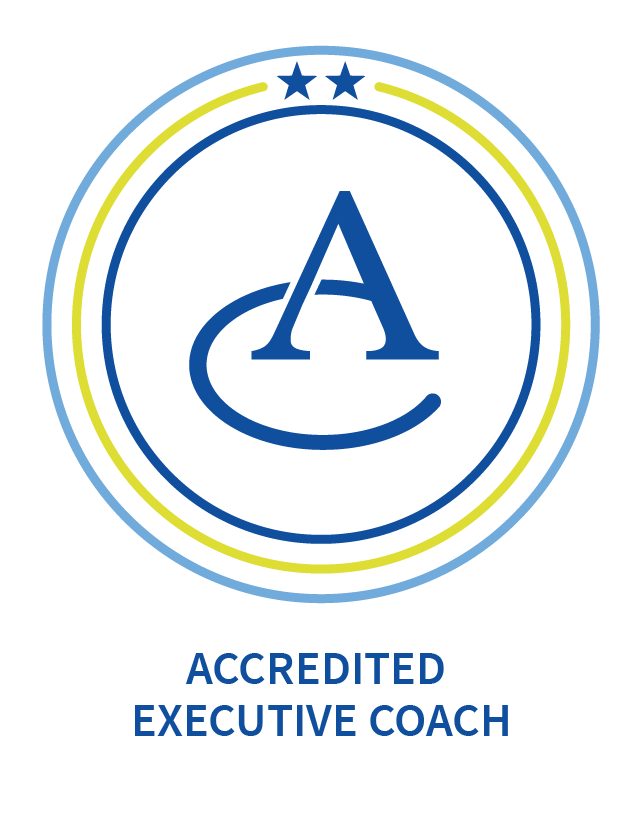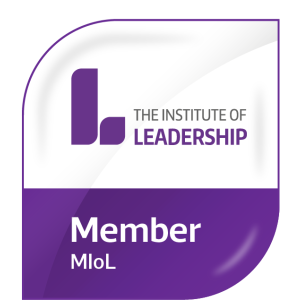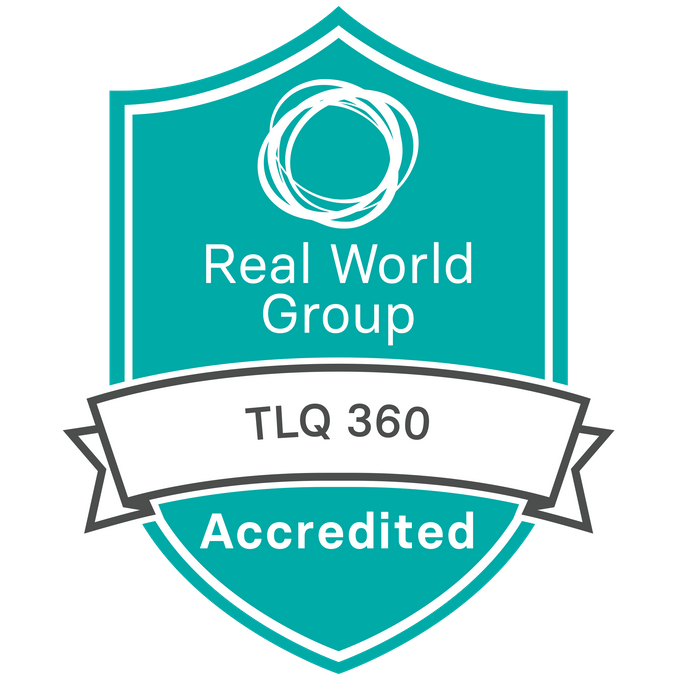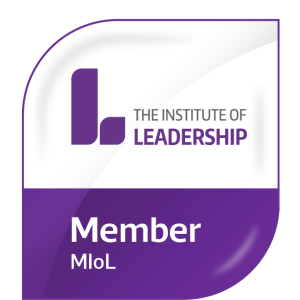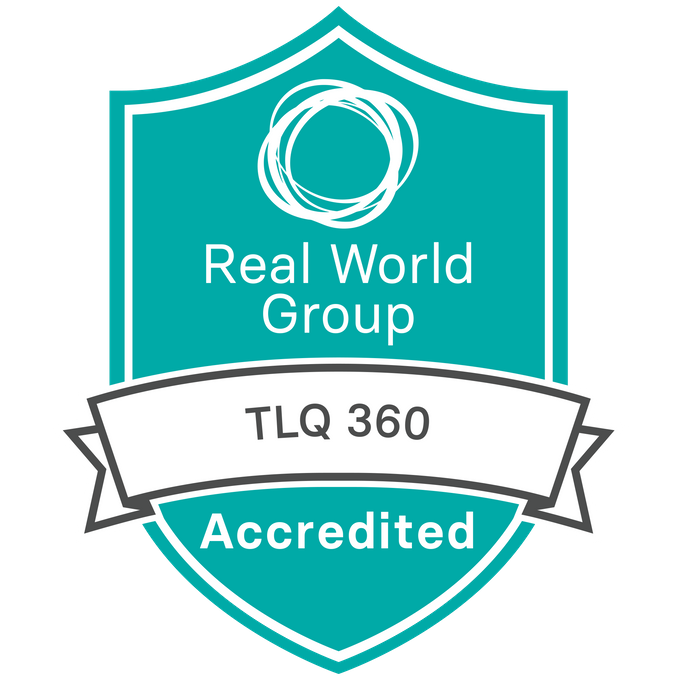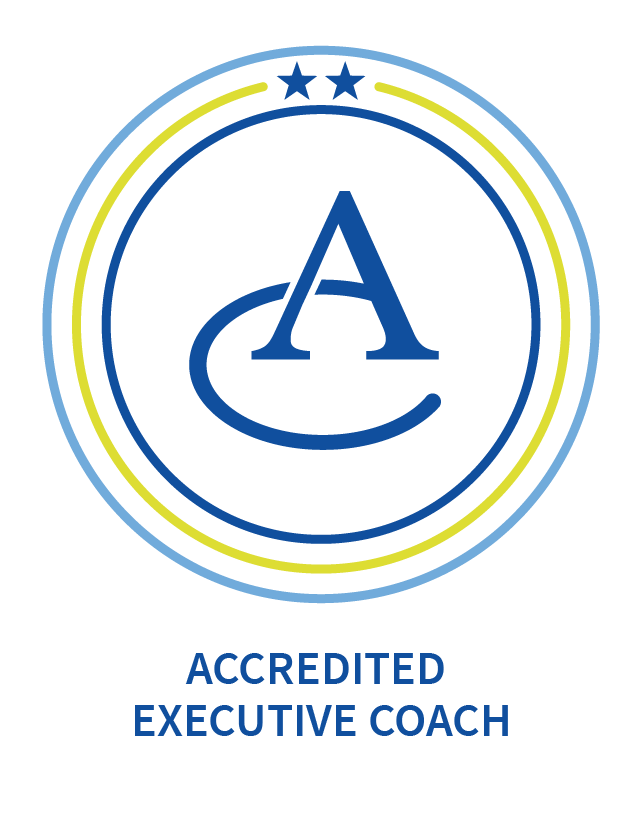Building someone's confidence, whilst managing your own
- By Sian Taylor
- •
- 15 May, 2018
- •
Providing support and encouragement when faced with uncertainty

The person opposite me is looking a little uncertain. They have lots of ideas, but aren’t sure which ones are the right ones to pursue.
They’re asking me for guidance. What do I think?
Yet I’m not sure. So what can I do or say to help them?
-------
It feels strange to be in this situation. The way in which I’ve supported and helped people develop in work has been through understanding my own experiences, the lessons I’ve learnt and passing on that knowledge and information.
Before I’ve imparted everything I know, I’ve taken time to understand what they want to do, what they feel comfortable doing and what they are uncertain about. Where they’ve lacked knowledge, I’ve become teacher, mentor – showing them they way I would do it. Suggesting ideas and solutions.
And it’s worked.
A new technique I developed, passed on to others and used and developed further by them.
A solution I suggested, incorporated in several different situations.
It feels good.
I feel I have expertise to offer. It makes me feel able to demonstrate the positive impact I’ve had.
------
But this is different. I do not have experience in what the person opposite me is talking about. It’s an important area, one I have responsibility for, and I am aware that we should get this right. But what ‘right’ looks like, is not something I can articulate.
In the end I suggest to the person that we both take time to think about it, look at what others have done and meet up again.
We set a new date to meet.
I’m puzzling over what we should do. It’s sitting in the back of my mind as I get on with other tasks. I have a look at what others are doing. I think about what outcomes we’re looking for and what might be ways we could aim to achieve that.
I don’t feel like I have any answers.
And it’s time to meet again.
------
The person has done more work and has pulled together some of their ideas. It’s the start of a plan.
And my immediate reaction is to look for the holes in the plan.
I stop myself as a look passes over the persons face. They don’t need or want a critique from me. Neither of us are certain whether this is the right plan, but it’s a start. And means we’re moving forward not standing still.
So we talk about next steps to get things moving, and who else we could involve or seek guidance from to help us achieve our aims.
The plan takes shape and the person starts delivering the pieces that make up the plan. They undertake some training to develop their knowledge and understanding. They still have questions and uncertainty hangs over us, so together we work on which way to go, which paths to take.
------
Some time passes and the person suggests we should evaluate where we are.
We meet to talk about it in more detail. They have lots of ideas, and aren’t sure which ones are the right ones to pursue.
They’re asking me for guidance. What do I think?
I ask which of their ideas do they think would best answer the question as to whether we have achieved our aims.
They think about this for a while before answering.
They are hesitant. They foresee issues. They are unsure how to get around them.
We explore their preferred option, what it would involve, how it would answer our question, what issues we’d have to overcome and what we missed when we first planned this work.
There are some things we need to check and sort out to proceed with the person’s preferred option.
So we set another date to meet.
------
The evaluation plan comes together and the person delivers the work.
We sit down to look over the findings.
They’ve already analysed the data, something they’ve not done before, and drawn up some conclusions. I’m impressed and say so.
We talk about next steps. They have ideas, and they present them.
It’s a plan.
This time, rather asking for guidance on which ideas to pursue, they’re asking if it’s okay to go ahead with their plan.
I smile. Inside I have a little glow. It feels good. I feel certain that they’ll ask if they need my help with anything. It’s just great to see how much their confidence has grown.
I ask them later how they’ve felt about the work. They reflect on how uncertain they felt at the beginning, that they were looking for others to guide them, whereas through some training, support and trying things out for themselves they realise how much more confidence they have in their own ideas.
It’s been a learning journey for us both, and a rewarding one. Realising that helping and supporting someone to develop their skills doesn’t have to be from my own experience or expertise, has been an important revelation.
Sign up and you'll receive an email each time I post on my blog.
I'll also let you know when I have other things you may be interested in, such as leadership resources, and when I have coaching offers that may interest you.





